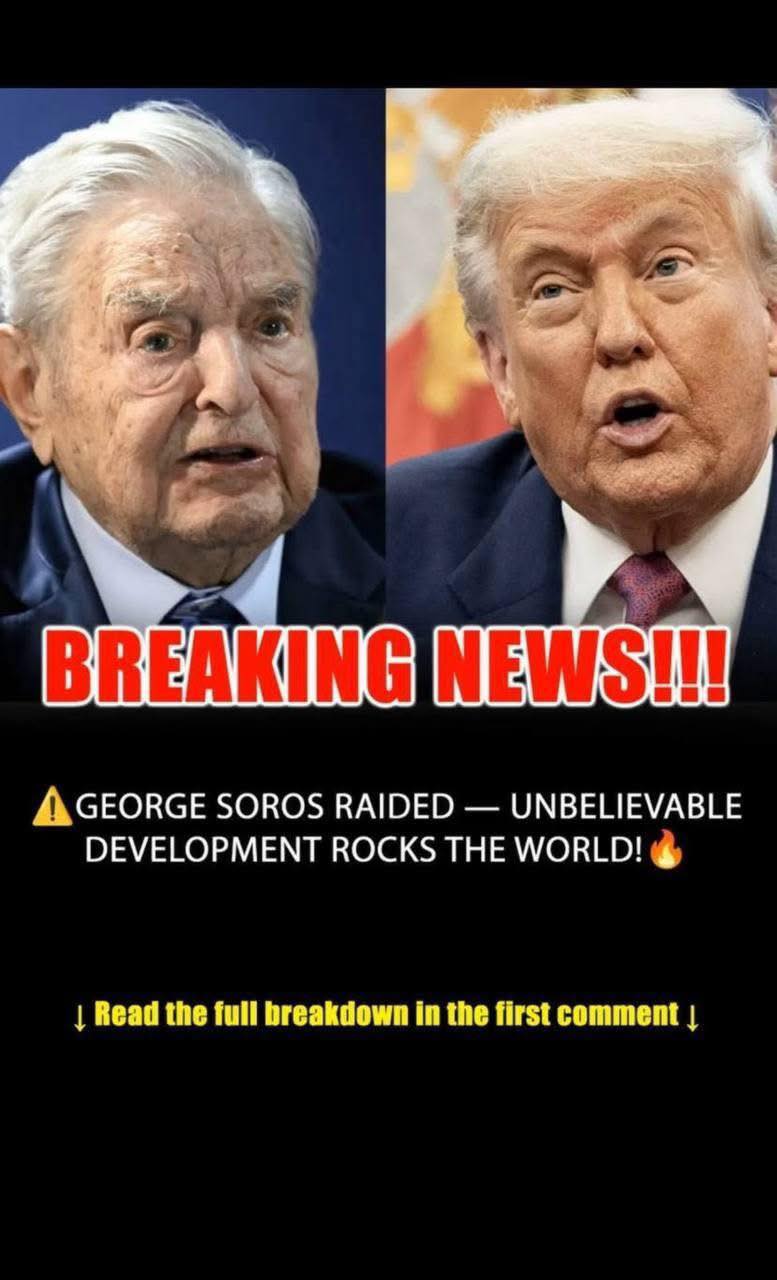Indian investigators have launched a fresh crackdown on organizations linked to billionaire philanthropist George Soros, intensifying scrutiny of international funding in the country’s non-profit and activist sectors.
On Tuesday, the Enforcement Directorate (ED) — India’s financial crimes agency — confirmed that it conducted coordinated raids at eight locations in Bengaluru. The searches targeted entities connected to the Open Society Foundations (OSF) and its investment arm, the Soros Economic Development Fund (SEDF), as part of an investigation into possible violations of India’s Foreign Exchange Management Act (FEMA).
Allegations of Misuse of Foreign Funds
Officials told Indian media that the inquiry centers on claims that Soros-backed groups routed money into India through foreign direct investment (FDI), bypassing restrictions on foreign donations. Some of those funds were allegedly funneled into non-governmental organizations (NGOs) and advocacy projects in ways that may have contravened FEMA rules.
“Our teams carried out raids at eight locations in Bengaluru to investigate contraventions in foreign direct investment rules by SEDF and OSF in investments in various entities and individuals in India,” one enforcement officer said on condition of anonymity.
According to reports, OSF and its affiliates have sent nearly $3 billion to various projects in India since first becoming active in the country in 1999.
Tightened Scrutiny Since 2016
The controversy stems from restrictions imposed by India’s Ministry of Home Affairs (MHA) in 2016. That year, OSF was placed on the government’s “prior reference category,” a designation that requires additional clearances for any financial transfers to local NGOs.
Authorities allege that instead of halting its operations, OSF created subsidiary structures in India and moved money under the guise of FDI and consultancy payments. Investigators claim those funds were then redirected to civil society groups, skirting the legal safeguards.
Broader Political Backdrop
The case reflects growing tensions between the Indian government and global philanthropic organizations. Prime Minister Narendra Modi’s administration has long expressed concerns that some foreign-funded NGOs are engaged in political advocacy or campaigns that conflict with India’s national interests.
Soros, in particular, has been a frequent target of criticism from Indian officials. The billionaire financier has openly criticized Modi’s policies on issues such as minority rights and democracy, which has led many within the ruling Bharatiya Janata Party (BJP) to portray OSF as attempting to influence Indian politics from abroad.
A Global Figure Under Scrutiny
This is not the first time Soros has faced pushback from national governments. Across Eastern Europe, parts of Africa, and even in the United States, his organizations have been accused by critics of pushing a political agenda under the guise of philanthropy. Supporters, however, argue that OSF promotes democracy, human rights, and open societies in countries where such values are under strain.
The Indian raids come just months after Soros attracted U.S. headlines for acquiring a major stake in over 200 Audacy radio stations, a deal approved by the Federal Communications Commission (FCC) in late 2024. That move sparked an investigation by the House Oversight Committee, with some lawmakers raising concerns about media consolidation and the influence of political megadonors.
What Comes Next
The ED has not disclosed how long the current probe in India will take, but officials signaled that more evidence may be gathered before any charges are filed. Meanwhile, the raids have reignited debate over how India balances openness to global investment with its determination to regulate foreign influence on domestic politics.
For now, the raids highlight the deepening clash between transnational networks of philanthropy and activism and governments determined to control the flow of outside money.
